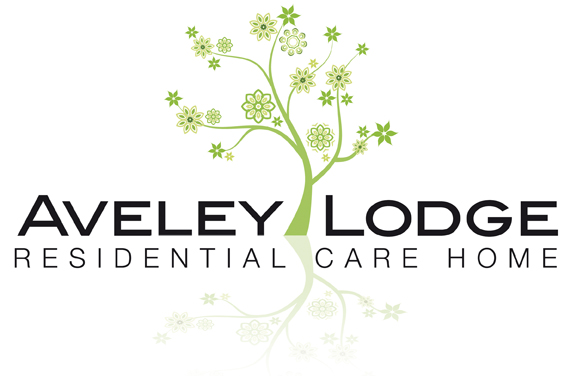What is person-centred care?
Essentially, person-centred care not only focuses on the needs of each individual, but also providing care that is respectful of and responsive to them.
It involves all agencies working together in consultation with the individual receiving the care and is an approach that already underpins existing dementia, learning disabilities, mental health and end of life care.
The basic principles include:
- care and support is person-centred: personalised, coordinated, and empowering
- services are created in partnership with citizens and communities
- focus is on equality and narrowing inequalities
- carers are identified, supported and involved
- voluntary, community and social enterprise and housing sectors are involved as key partners and enablers
- volunteering and social action are recognised as key enablers.
According to the NHS, with growing numbers of older people in the population and increasing pressure on budgets: “If we are to provide high quality care that affords people the best possible quality of life, we need to rethink the relationship between people and the services that provide their care.” It argues that person centred care should “support people to develop the knowledge, skills and confidence they need to more effectively manage and make informed decisions about their own health and health care. Care that is person-centred should also represent better value for money because it ensures that services are built on the needs and preferences of the people who use them, rather than on the convenience of providers.”
At Aveley Lodge, the needs of the individual and their families are listened to and incorporated into everything we do for each resident.



